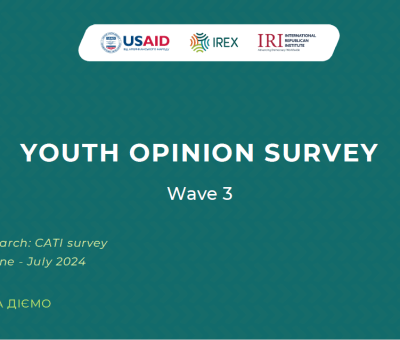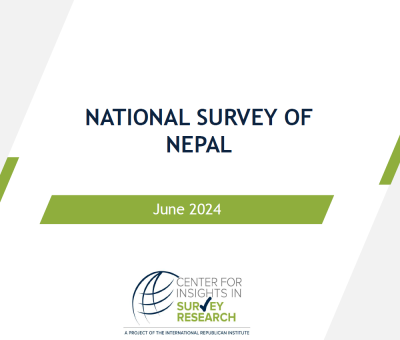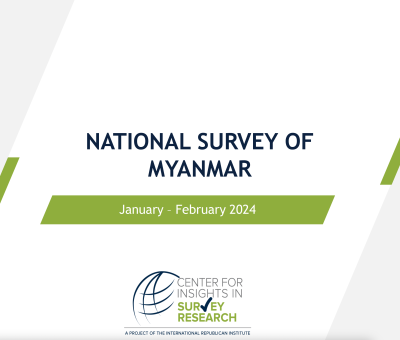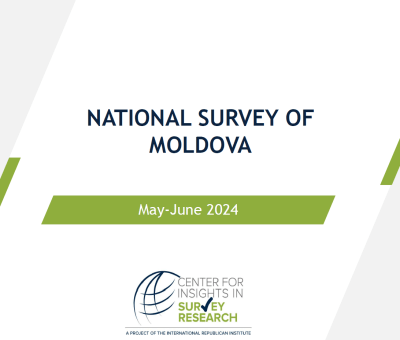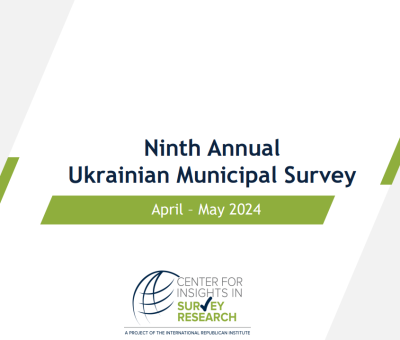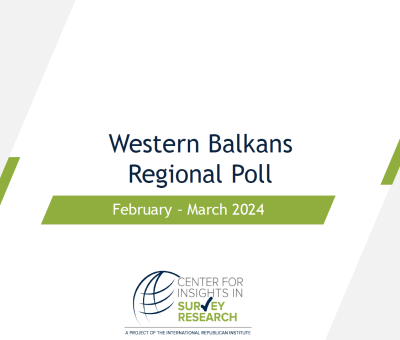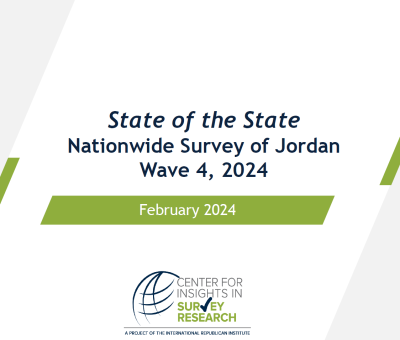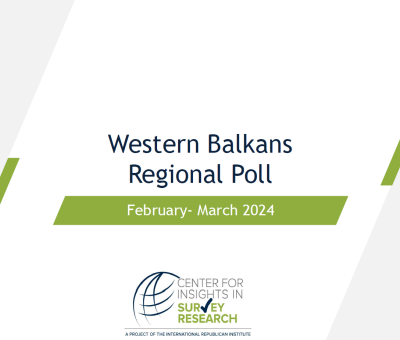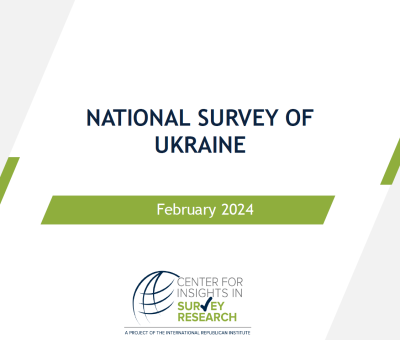
Research, Learning, and Evaluation
Understanding what works, how, and why in democracy and governance programs is critical to achieving and sustaining meaningful impact. IRI’s Research, Learning, and Evaluation efforts focus on conducting rigorous research, and designing and implementing monitoring, evaluation and learning systems to help our practitioners develop and implement effective, evidence-based and results-oriented projects.
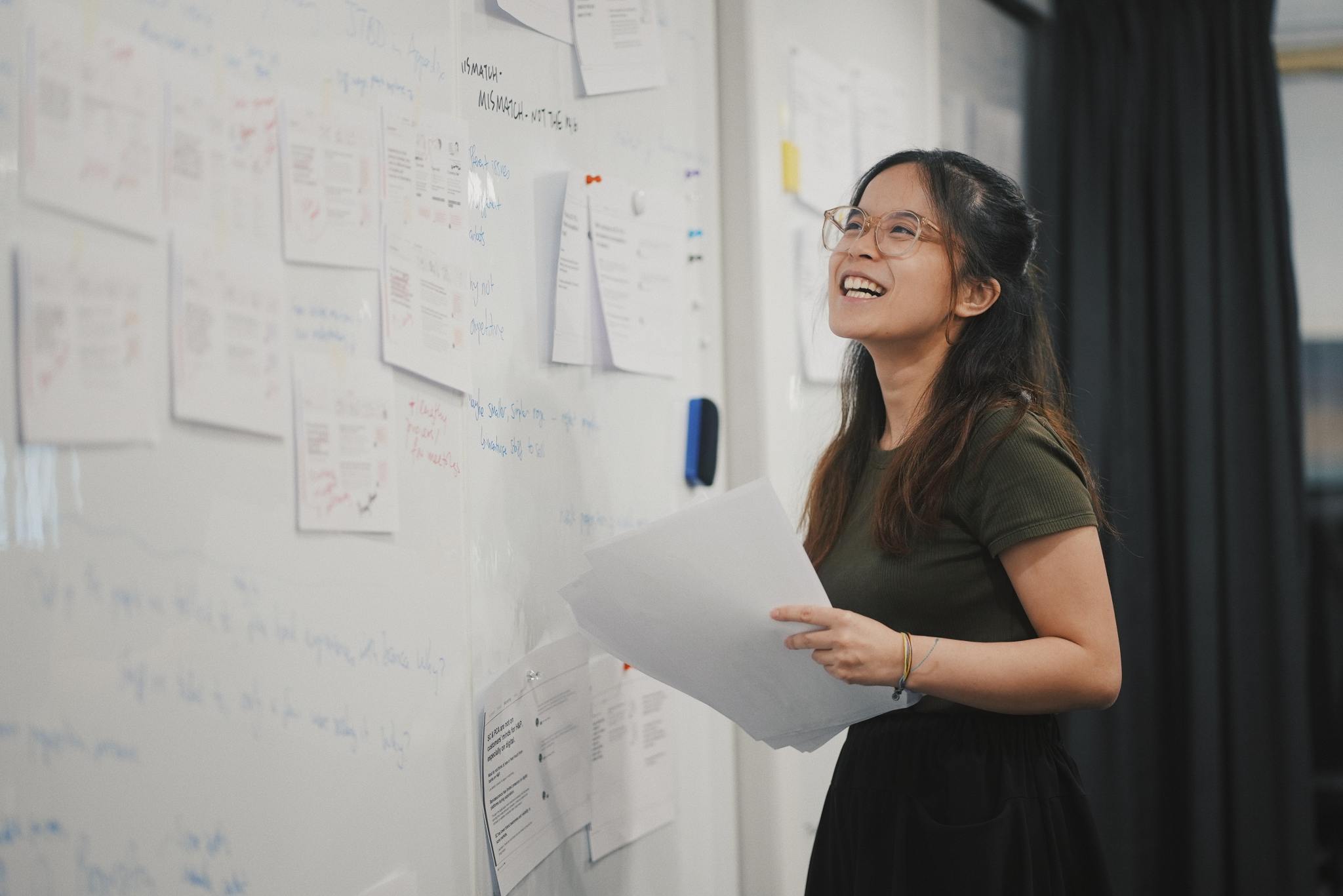
In partnership with our field teams, IRI collects actionable data to drive flexible, politically informed programming, to aid policymaking, and to expand the democracy and governance evidence base. Grounded in proven and innovative methods, IRI produces research-based tools and products that inform program successes, improve project design, and identify areas for improvement.
With our partners, IRI develops and monitoring and evaluation systems that provide useful and actionable data to measure progress and inform decision-making. Centering local experience and perspectives, ensures that our systems, tools, and approaches are culturally and contextually appropriate.
IRI’s deep political expertise bolsters our approach to research, learning, and evaluation and creates a holistic understanding of development challenges and their potential solutions. Equipped with this knowledge, IRI adaptively manages projects to achieve programmatic success and ensure accountability to funders and in-country partners.
Together with our partners, we develop and implement tailored monitoring and evaluation systems that provide useful and actionable data to measure progress and inform decision-making. Centering local experience and perspectives, ensures that our systems, tools, and approaches are culturally and contextually appropriate.
IRI’s deep political expertise bolsters our approach to research, learning, and evaluation and allows us to develop a holistic understanding of development challenges and their potential solutions. Equipped with this knowledge, IRI adaptively manages projects to achieve programmatic success and ensure accountability to funders and in-country partners.
Applied Social Scientific Research
IRI utilizes rigorous social science methods to identify and track program outcomes, to ensure interventions are evidence-driven, and to capture what works (and what does not). This work is done both in-house and in collaboration with leading academic and research partners, such as the Political Violence FieldLab, D-Arch, and EGAP. Employing both quantitative and qualitative methods, IRI’s research efforts are developed and implemented in collaboration with program teams and community actors to ensure efforts are appropriately targeted, culturally sensitive, and rooted in the local context.
By design, IRI research efforts are intended to generate actionable learning for IRI program teams and for the broader DRG community. For example, impact evaluations of a training program targeting female politicians in Sri Lanka offer lessons for the design and sustainability of empowerment interventions. Deep-dive qualitative research, part of a series of “life histories” projects conducted in Colombia, the Sahel, Burkina Faso, Cote D’Ivoire, Benin, Ghana and Togo, capture richly textured individual perspectives that inform approaches and targeting. Finally, a partnership with D-Arch led to the Closing Space Barometer, a forecasting tool that can help DRG practitioners anticipate and respond to closing or opening democratic space.
Monitoring and Evaluation
Our monitoring and evaluation (M&E) systems prioritize participatory, utilization-focused, and complexity-aware approaches to ensure they yield applicable takeaways for practitioners and policymakers. Such approaches include evaluations to understand experiences of diverse local stakeholders and empower them to define success and using complexity-aware monitoring techniques such as Most Significant Change, Systems Mapping, Outcome Mapping and Ripple Effect Mapping that allow our partners to define and track their own goals and progress. We use a variety of M&E approaches and methods that allow for rapid data collection, analysis, and application in real time.
In line with our goal to build sustainable M&E systems and capacity, we empower our local partners to undertake meaningful monitoring and evaluation and efforts that guide their decision-making, not just fulfill funder requirements. By providing M&E mentorship and coaching as well as M&E tools and techniques, we empower our local partners to be involved in every stage of M&E design and implementation. By investing in our partners’ M&E capacity, we are preparing them to design and lead their countries’ own development priorities.
Inclusive M&E approaches that incorporate diverse perspectives ensure that IRI’s efforts capture factors related to marginalization and underrepresentation. With on-the-ground perspectives embedded in all our processes, we balance rigor with participant security to ensure all M&E activities are conducted ethically and do no harm to participants.
Learning and Adaptive Management
In fluid environments success often requires an intentionally flexible and responsive management approach. Recognizing this, IRI employs a range of methods and tools to help its team and partners to regularly pause, reflect, and adjust course as necessary. IRI’s focus on adaptive management is intrinsic to its character as a learning organization. Adaptive management requires organizational flexibility, in systems and approaches, a comfort with iteration, and a commitment to leveraging an evolving evidence base and understanding of local contexts to ensure interventions are relevant, responsive, and minimize risks. IRI’s adaptive management approaches seek to look outside familiar disciplinary silos to absorb, tailor, and apply lessons from other fields to the democracy and governance sector.
Technical Experts

Natalie
Director, Evidence and Learning – Center for Global Impact
Sonja
Gloeckle
Senior Director, Center for Insights in Survey Research

Geoffrey
Macdonald
Senior Advisor, Asia
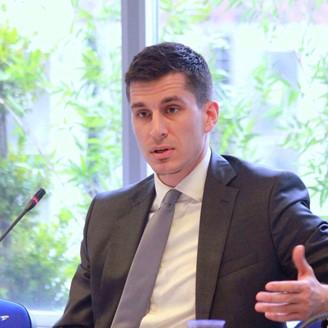
Ilija
Vojnovic
Program Director, Turkey

Michael
Druckman
Senior Advisor
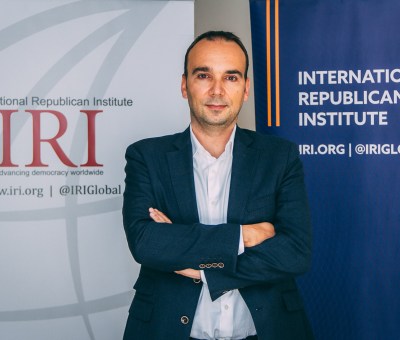
Borislav
Spasojevic
Resident Program Director, Montenegro
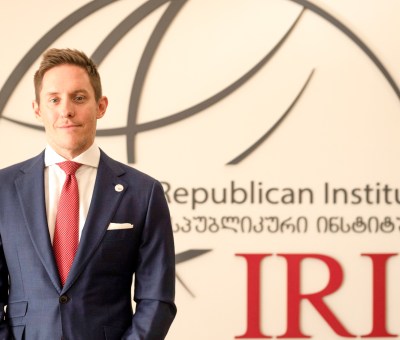
John
DiPirro
Program Director, Georgia
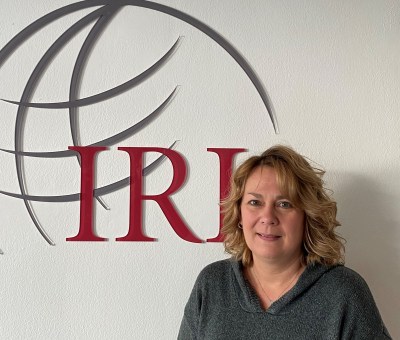
Andrea
Keerbs
Program Director, Hungary
Keith
Proctor
Senior Advisor for Evaluation, Research and Learning

Marian
Ware
Senior Design, Monitoring, Evaluation and Learning Manager

Anna
Chukhno
Deputy Director, Monitoring, Evaluation and Learning
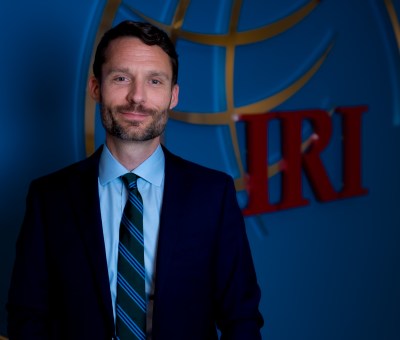
Patrick
Quirk, PhD
Vice President for Strategy, Innovation, and Impact

Brian
Zupruk
Legal and Operations Advisor

Mark
Davelle
Resident Operations Manager, Ukraine
Latest News

IRI Ukraine Poll: Majorities Believe in Defeating …
Kyiv, Ukraine – The latest public opinion survey in Ukraine conducted by the International Republican Institute’s (IRI) Center for Insights in Survey Research (CISR) finds…
Enabling Pro-Democracy Parties to Resist Democrati…
The world is currently experiencing a global wave of democratic erosion, with the number of democratizing countries plummeting to the…
IRI Armenia Poll Finds Majorities Support EU Membe…
Yerevan, Armenia – A new nationwide poll conducted in Armenia by the International Republican Institute’s (IRI) Center for Insights in Survey Research (CISR) found that majorities support joining the…

IRI Nepal Poll Shows Strong Support for Democracy;…
Kathmandu, Nepal – A new nationwide public opinion poll from Nepal released by the International Republican Institute’s (IRI) Center for Insights…
IRI Kosovo Poll Shows Desire to Join EU and NATO, …
Pristina, Kosovo – A nationwide poll in Kosovo by the International Republican Institute’s (IRI) Center for Insights in Survey Research shows a desire to join the European Union (EU)…
IRI Myanmar Poll: Majority Feels Country Moving in…
Washington, DC — A new nationwide poll by the International Republican Institute’s (IRI) Center for Insights in Survey Research (CISR) shows that strong…
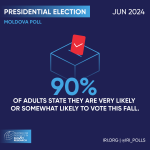
IRI Moldova Poll Shows Strong Voter Enthusiasm, Tr…
Chisinau, Moldova – A new poll in Moldova by the International Republican Institute’s (IRI) Center for Insights in Survey Research (CISR) shows that an…
IRI 2024 Western Balkans Poll
The Western Balkan countries continue to grapple with various barriers to development and stability. While strides toward democracy have been…
IRI Jordan Poll Shows Improved Economic Outlook, D…
Amman, Jordan – A new nationwide public opinion poll in Jordan released by the International Republican Institute’s (IRI) Center for Insights in Survey Research (CISR) found that…
IRI Ukraine Poll: Strong Majorities Believe in Vic…
Kyiv, Ukraine – The latest public opinion survey in Ukraine conducted by the International Republican Institute’s (IRI) Center for Insights in Survey Research…
IRI Armenia Poll: Increasing Negative Views of Rus…
Yerevan, Armenia – A new nationwide poll conducted in Armenia by the International Republican Institute’s (IRI) Center for Insights in Survey Research (CISR) found an increasingly negative view of…
IRI Kyrgyzstan Poll: Strong Majority Want Kyrgyz a…
Bishkek, Kyrgyzstan – A new poll conducted by the International Republican Institute’s (IRI) Center for Insights in Survey Research (CISR) in Kyrgyzstan shows a…


